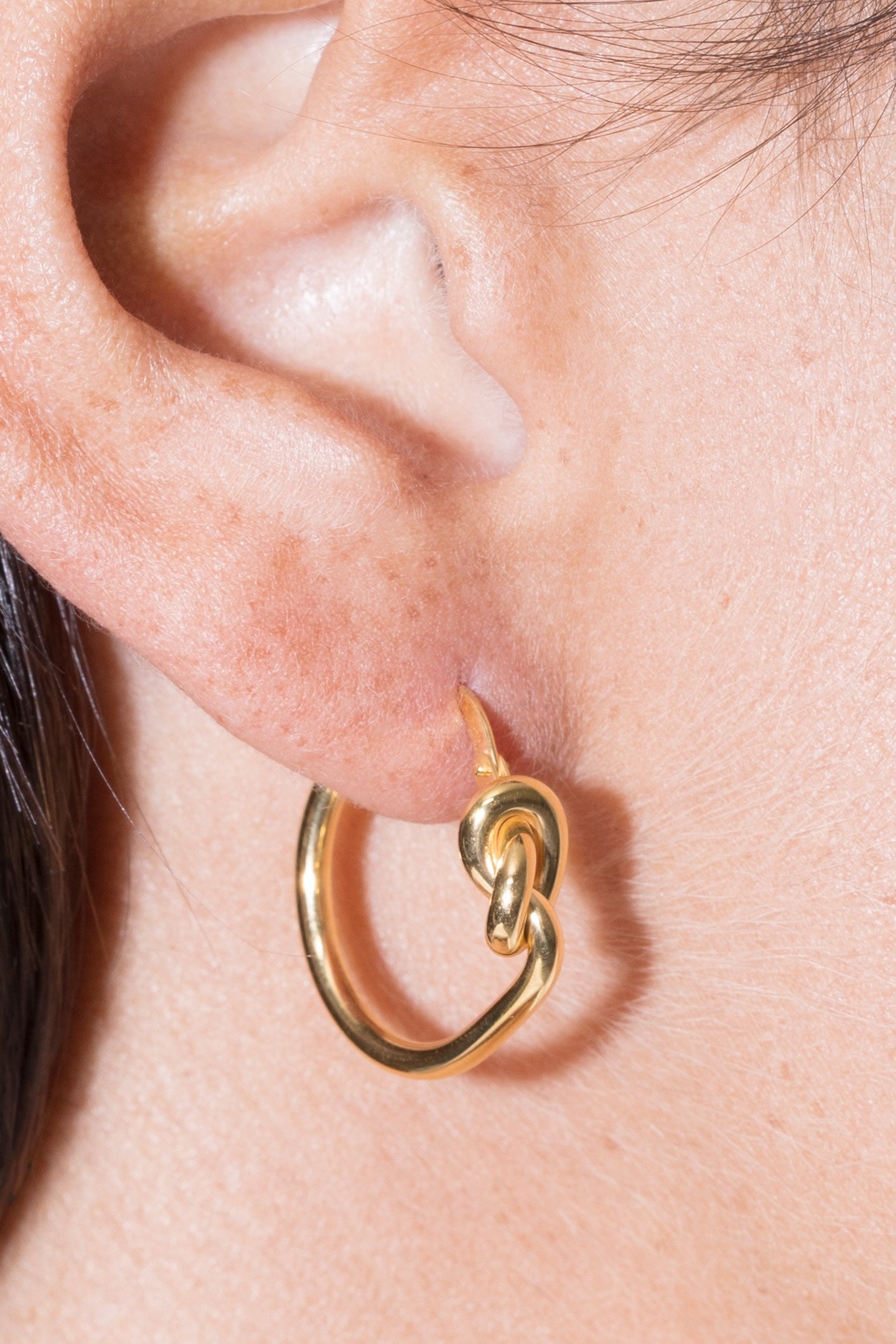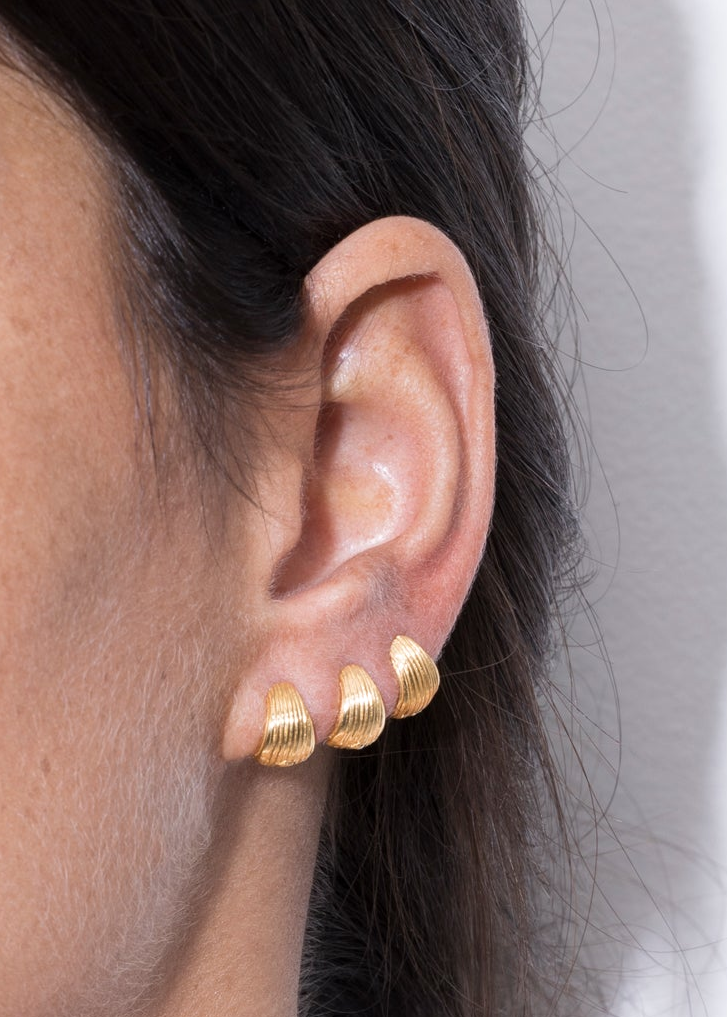have you ever felt your heart racing just for thinking of a specific thing or situation? does that feeling become so intense that you tend to avoid that context? well, fear is a human basic emotion and is normal [and desirable] to experience. however, if that fear tend to interfere with your decisions and quality of life, leading to multiple avoiding behaviors then you might have a phobia.
WHAT IS FEAR AND HOW DOES IT WORK?
lets start with the basics. fear protects you. it is biologically based and is essencial to help prevent potentially harmful situations, like walking towards a lion or too close to the edge of a high cliff. when we sense danger, the brain reacts, leading to a status of ‘fight or flight’ response, where you get ready to either confront the fearful situation or run away to protect yourself. the nervous system is activated and you experience heart racing, fast breathing, sweating [so you can stay cold], and blood is pumped into your muscles so you can react according to the assessment of the given situation.
moreover, fear can also mean something we are afraid of. evolving from the same rational of preserving our wellbeing, someone who is unable to swim might be afraid of deep water. however, if this person learns how to swim, it can overcome that fear. on the other hand, sometimes fears are, or become, irrational and exaggerated, given the specific situation. to prevent feelings of discomfort, one might be tempted to start to avoid that thing/context, but instead of solving a short-term distress, it might be leading to a long-term problem.
WHAT ARE FOBIAS AND WHAT CAN WE DO?
phobias are out of proportion feelings of fear [anxiety] in a particular context, that usually is anticipated by great distress and that leads to recurrent avoidant behavior. as we all can imagine, this can truly impact your daily life and decisions and so, it should be diagnosed and treated properly.
there are different [actually one could almost say infinite] types of phobias according to what triggers the explosion of anxiety: specific phobias [e.g. snakes, lifts, heights, flying,…], social phobia [e.g. interacting, public speaking] and agoraphobia [public spaces, places one feels it might be difficult to escape]; and they are all diagnosed in a ‘simple’ psychiatric or psychological appointment. it usually results of multiple contributions, namely genetic but also negative emotional past experiences related to the specific trigger, and they can begin in childhood [more frequently] or later in life after traumatic experience.
having a phobia is not a sign of weakness or immaturity – it’s as if the brain’s alert system triggers a false alarm, generating intense fear that is out of proportion to the situation. because the fear is so intense, the person is convinced the danger is greater than it actually is.
so, what can we do? well, the first and most effective approach is psychotherapy. the one who is overcoming a phobia will receive help through the process of gradually facing their fears – exposing and preventing avoidant behavior. this exposure usually is progressive and, for exemple, if a person has a bee phobia, the therapist can start with the photo of a bee, then a vídeo, evolving to a walk in the countryside, only changing from step to step, when the patient feels comfortable and ready. the therapist might also teach relaxation techniques that will be positive tools that can be implemented by the patient himself whenever he needs to. medication such as antidepressants or anxiolytic's can also help, but should only be offered in severe or non-responsive patients, or as a transitory approach.
sometimes, it can be difficult to take the first step and decide to start the healing process of treating a phobia, but with commitment and the right help, it can really be a successful and liberating experience.
joana andrade psychiatrist in centro hospitalar e universitário de coimbra and hospital da luz de coimbra. invited teacher and phd student in university of coimbra.









